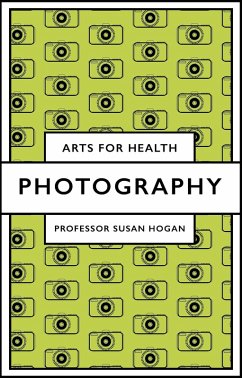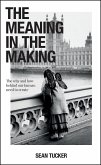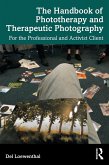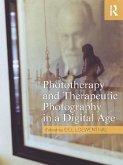Photography is ubiquitous. The visual image is the predominant form of communication. Arguably it is a very democratic medium, since billions of people all over the planet take photographs on their phones, and digital storage means that expensive printing is not necessary and therefore the practice is not prohibitive. Photography is important to political and social movements and connects people in emotionally meaningful relationships.This book explores the myriad ways in which photographs can be used: to document events, places or things; to consolidate personal identity; to pose a challenge to an idea or regime; to animate the inanimate (in other words, to breathe life into objects); to capture the fleeting and transitory; to create stories; to reveal what may be taken for granted, including seeing social practices; to enhance our perception and allow us to notice previously unnoticed details; to consolidate relationships; to represent the overlooked or marginalised; to commemorate; to authenticate; to tantalise. All these modes of photography have different possibilities, different intentions and different effects.
Dieser Download kann aus rechtlichen Gründen nur mit Rechnungsadresse in A, B, BG, CY, CZ, D, DK, EW, E, FIN, F, GR, HR, H, IRL, I, LT, L, LR, M, NL, PL, P, R, S, SLO, SK ausgeliefert werden.









